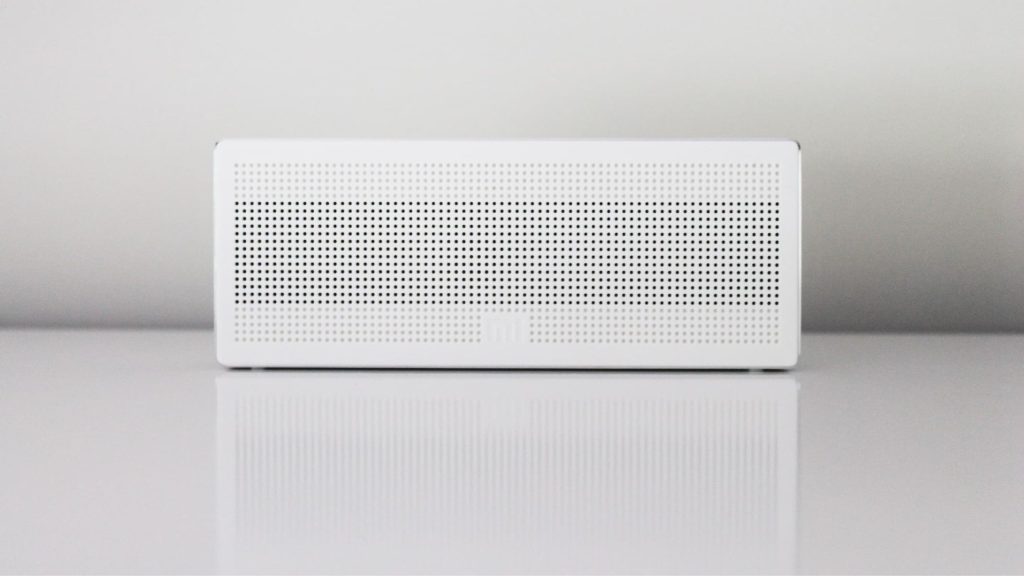Similarities Between Heat Pumps and Air Conditioners
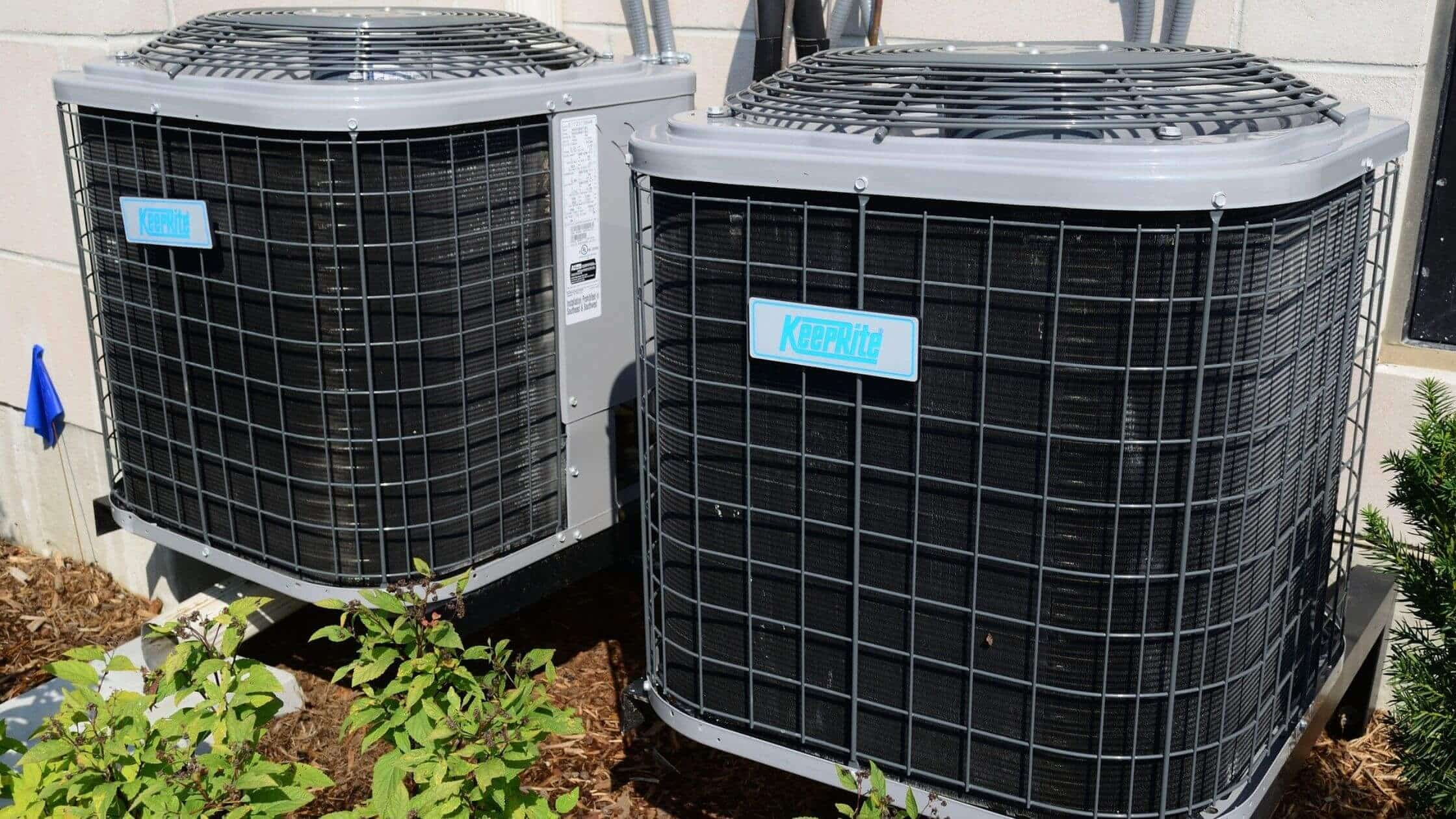
When it comes to home climate control it can be difficult to decide between a heat pump or air conditioner unit. Although very similar in nature for cooling purposes, there are slight differences between the two that will determine performance, longevity, and cost. At their core, both units will cool your home by transferring the heat energy generated inside to the exterior. Air conditioners will do this by default, whereas heat pump units will have a cooling mode that performs the same function. Visually, heat pumps and air conditioning units will be almost identical, and operating costs, alongside energy and efficiency, will be largely the same. If your focus is solely on the cooling of your home, both options will serve the purpose well.
Differences Between Heat Pumps and Air Conditioners
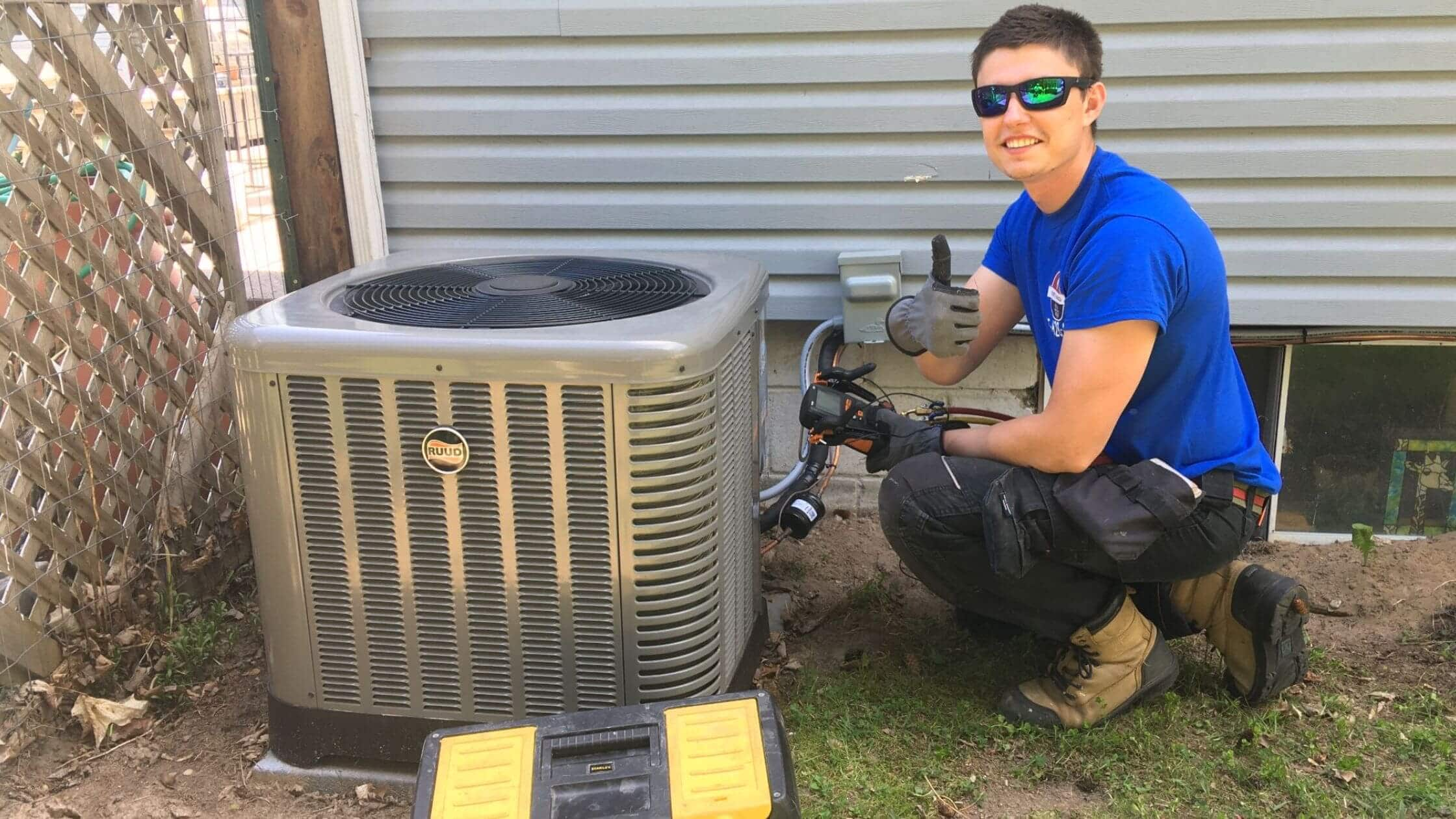
Although similar in the cooling domain, the heat pump vs. air conditioner comparison changes drastically for warming purposes. The primary difference between the two is that air conditioners do not provide internal heating, whereas heat pumps do. The heat pump system works by absorbing heat energy from outside and transferring it into warm air in the home. This system can work through below-freezing temperatures, but will suffer from energy inefficiencies. To solve this, most heat pump units will be set up with an additional auxiliary heater that offers supplemental heat when temperatures get too cold.
Now, this isn’t to say that air conditioners aren’t a sustainable four-season HVAC solution. Most accompany their air conditioning units with furnaces, enabling an effective, efficient climate system year-round.
Which Hvac System Is Right for You?
Deciding between a heat pump unit and air conditioner comes down to personal circumstances. The most important items to consider are the cost of installation and maintenance, the location of your home, and the ongoing operational costs and efficiencies. With these key items, you’ll be able to determine the option the provides the best heating and cooling at the most affordable price.
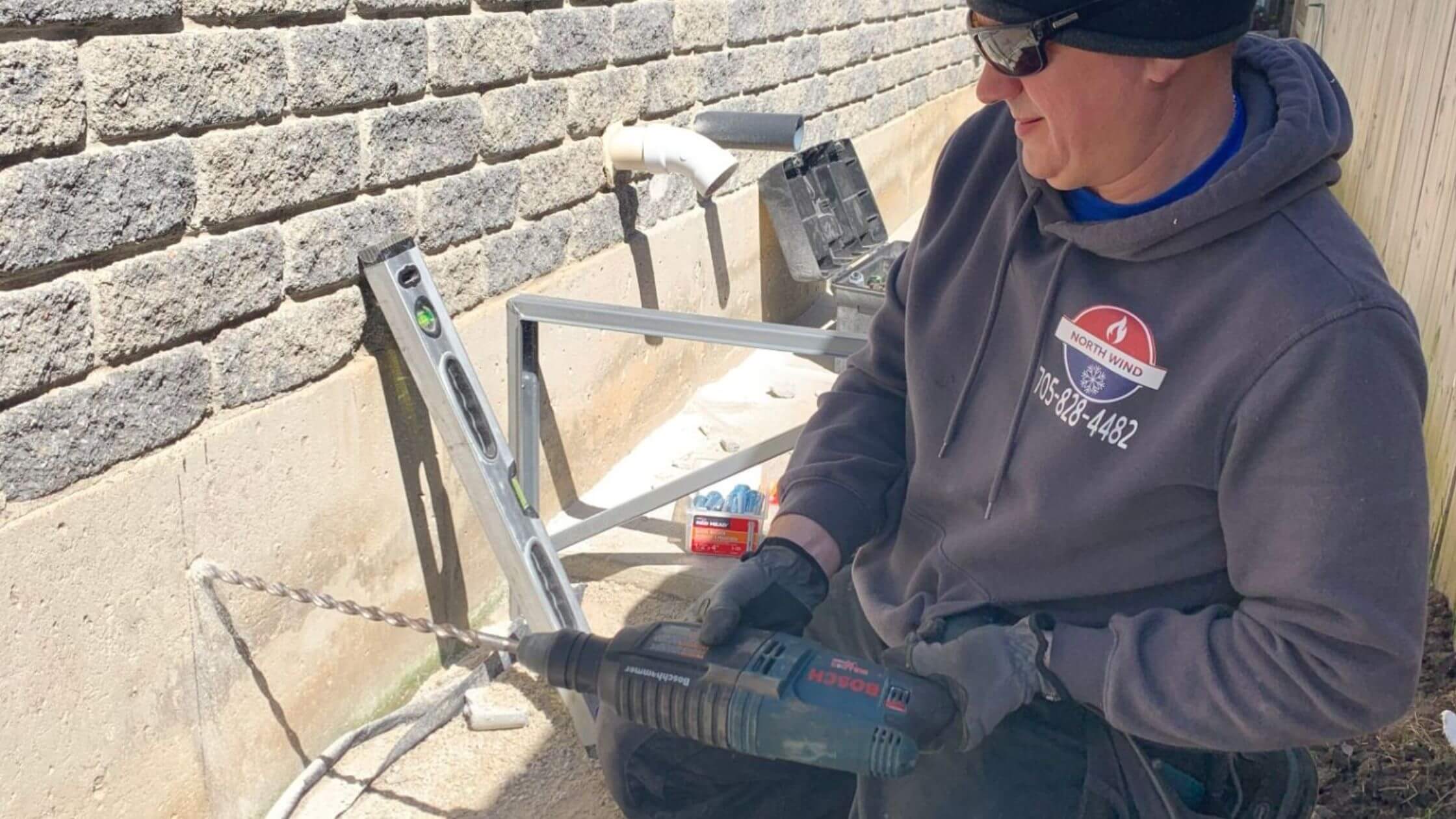
Cost of Purchase and Installation
Traditionally, an external heat pump will cost slightly more to install than an external air conditioning unit. Depending on the size of your home, a heat pump unit can run anywhere between $2,000-$5,000 and an air conditioning unit anywhere between $2,000-$3,000. Given your location, you may be required to install a furnace in addition to the air conditioning unit for heat in the colder months, and will therefore be required to invest in two separate systems. In order to get an accurate cost estimate, we’d recommend you get in touch with a Northwind HVAC representative.
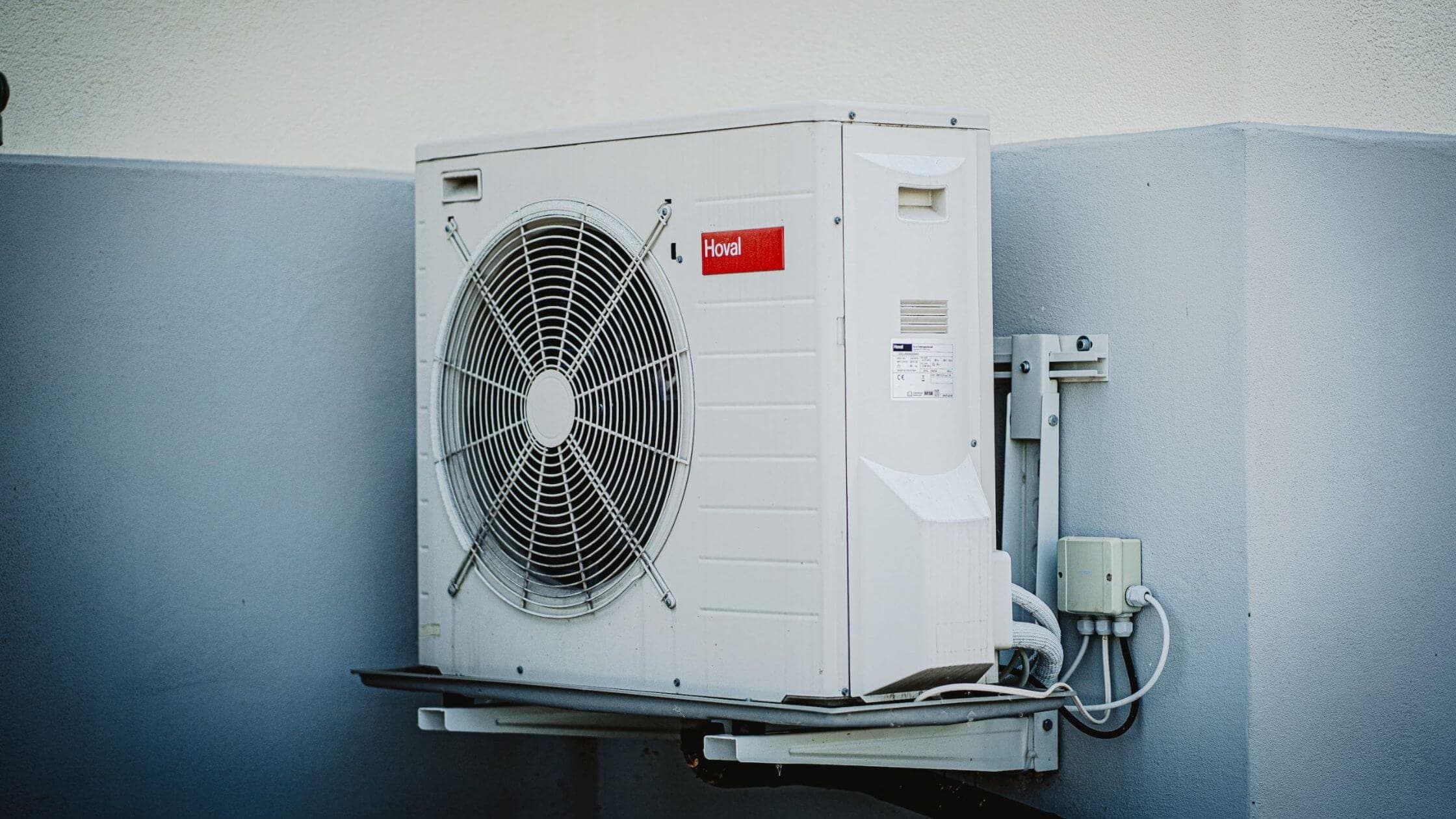
Cost of Operation and Energy Efficiency
The operational efficiency of you heating and cooling system will depend quite heavily on the location of your home.
We’ll start first with the operational efficiency of heating units. In regions with milder climates, heat pump systems will provide energy-efficiency through the use of electricity. This setup will be far more affordable than traditional oil or gas systems, but will not be sustainable in places where temperatures drop below freezing. In those regions, the heat pump will lose its efficiency benefit and require more energy, effectively increasing your electricity bill. You can solve this problem by installing a furnace to offset the heat pumps inefficiency in the colder months, but given the higher cost of heat pump installation, it will make sense in most cases to opt for an air conditioning and furnace combination.
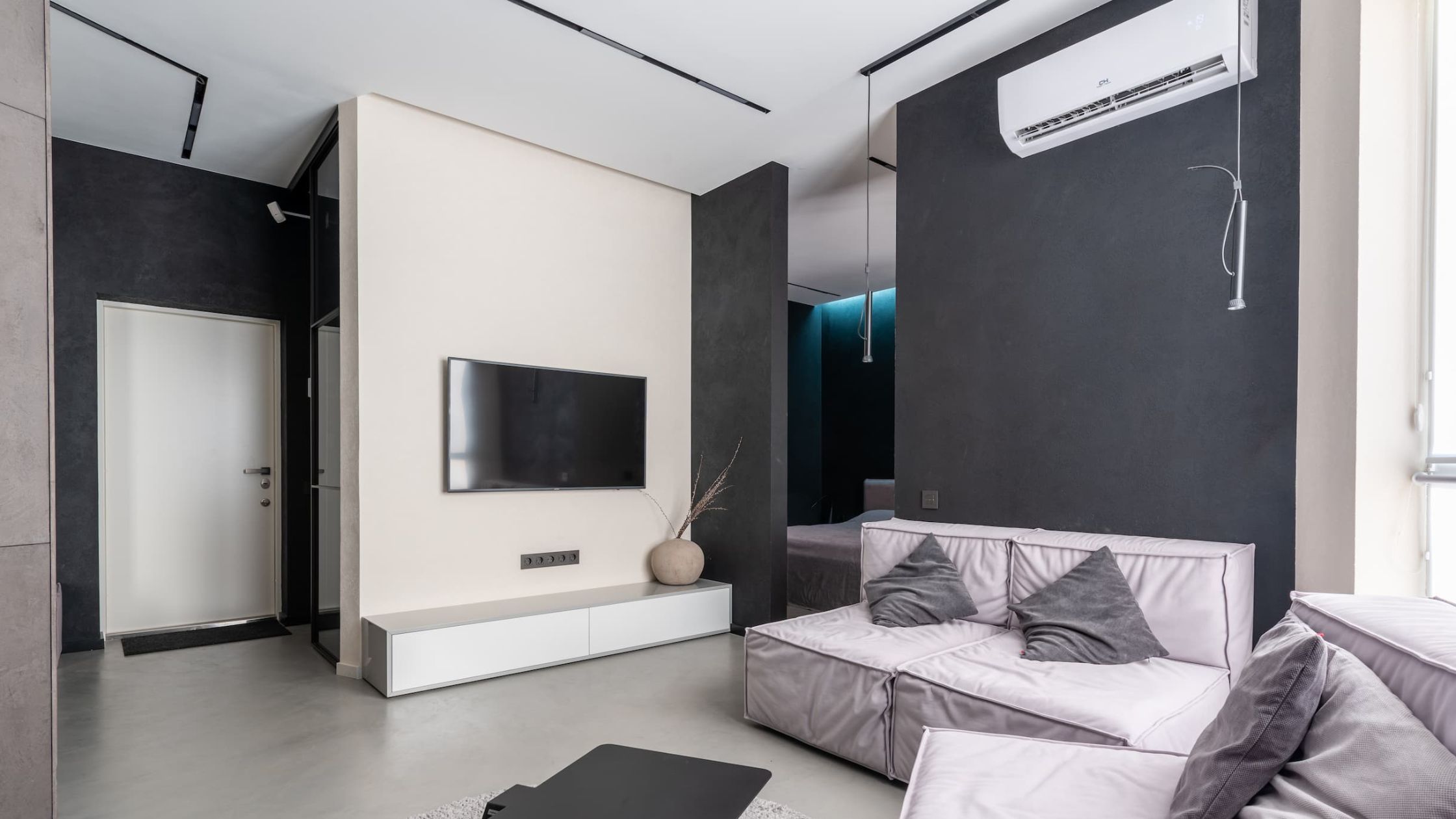
You’ll want to be sure that the unit you’re selecting has a high HSPF, or heating efficiency number, to ensure that it performs well over time.
When looking at cooling units, the efficiency levels will be almost identical between air conditioners and heat pumps. If you do opt for an air conditioning unit, you’ll want to select one with a high SEER value, which signals that it achieved a high-level efficiency standard. The higher the SEER, the more efficient the unit will be, and the less it will cost to operate over time. Also note that there are ENERGY STAR certified units which indicate additional efficiencies over standard SEER rated. Given the size of the investment, it’s recommended that you select a unit built to run efficiently for years.
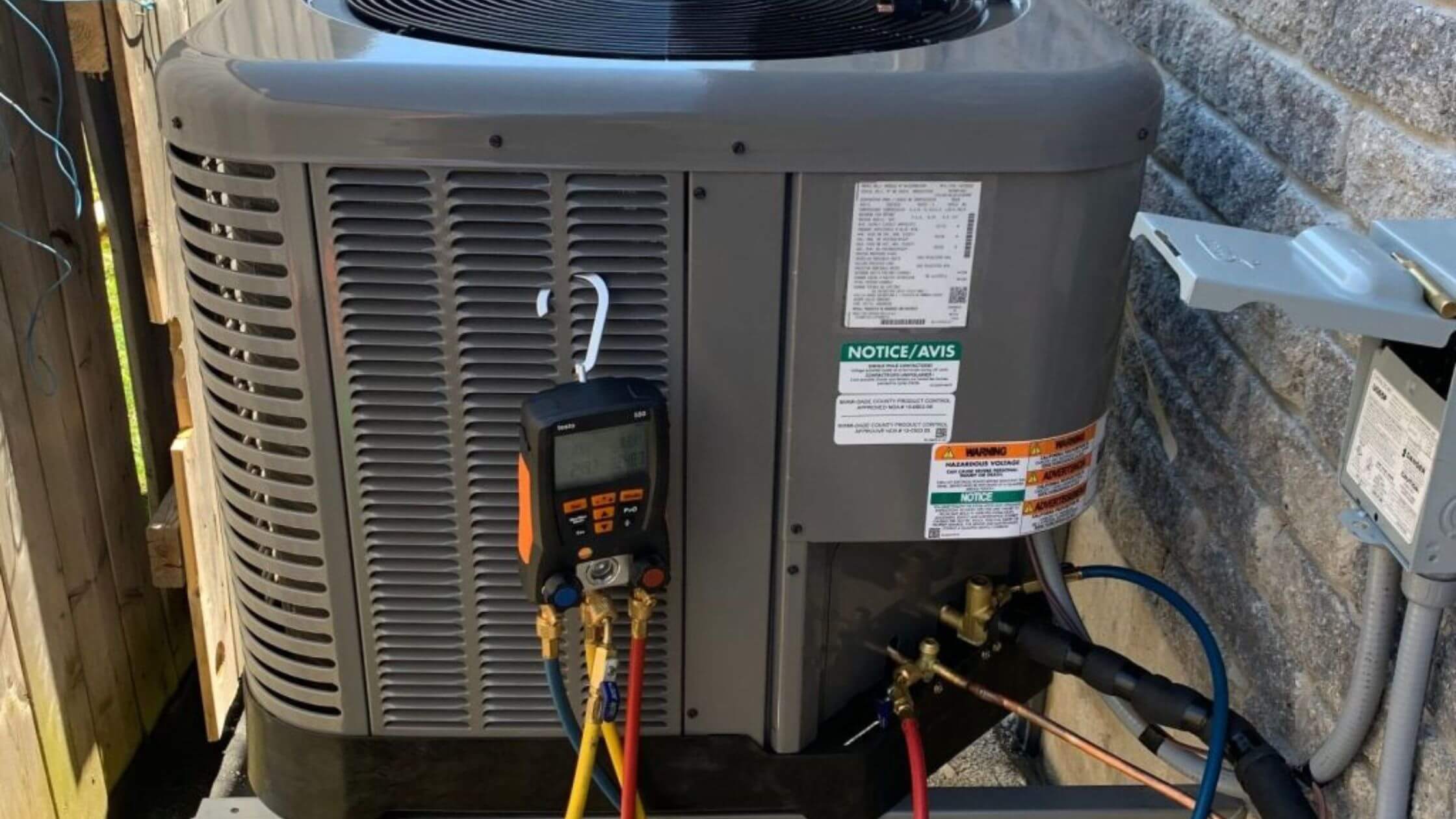
As mentioned before, the operational efficiency and longevity of your unit, regardless of whether it’s a heat pump or air conditioner, will rely heavily on the location of your home. Be sure to pick a solution that accommodates the climate so that you can maximize the value of your investment.
if you have any additional questions, or would like to speak with a member of our team, please get in touch!
